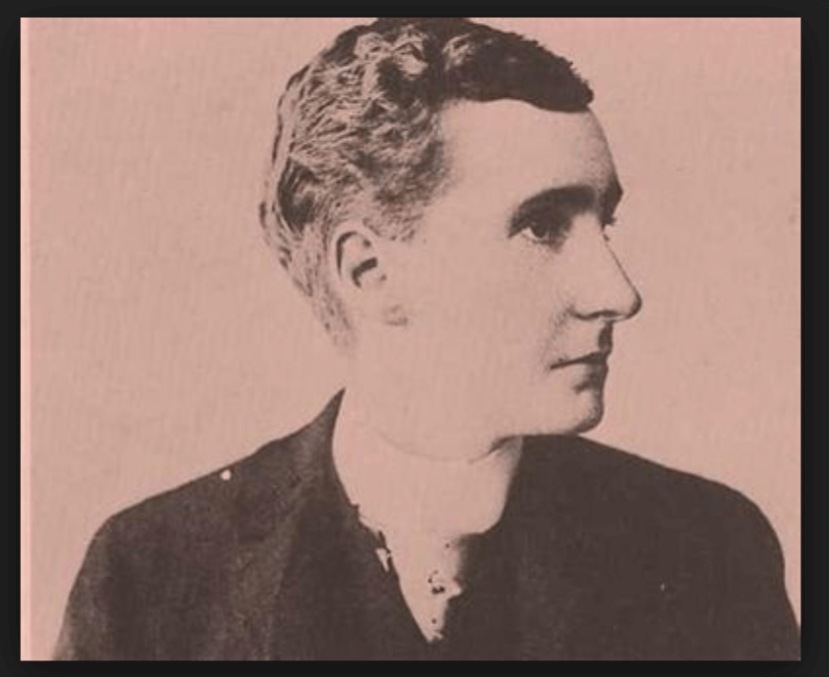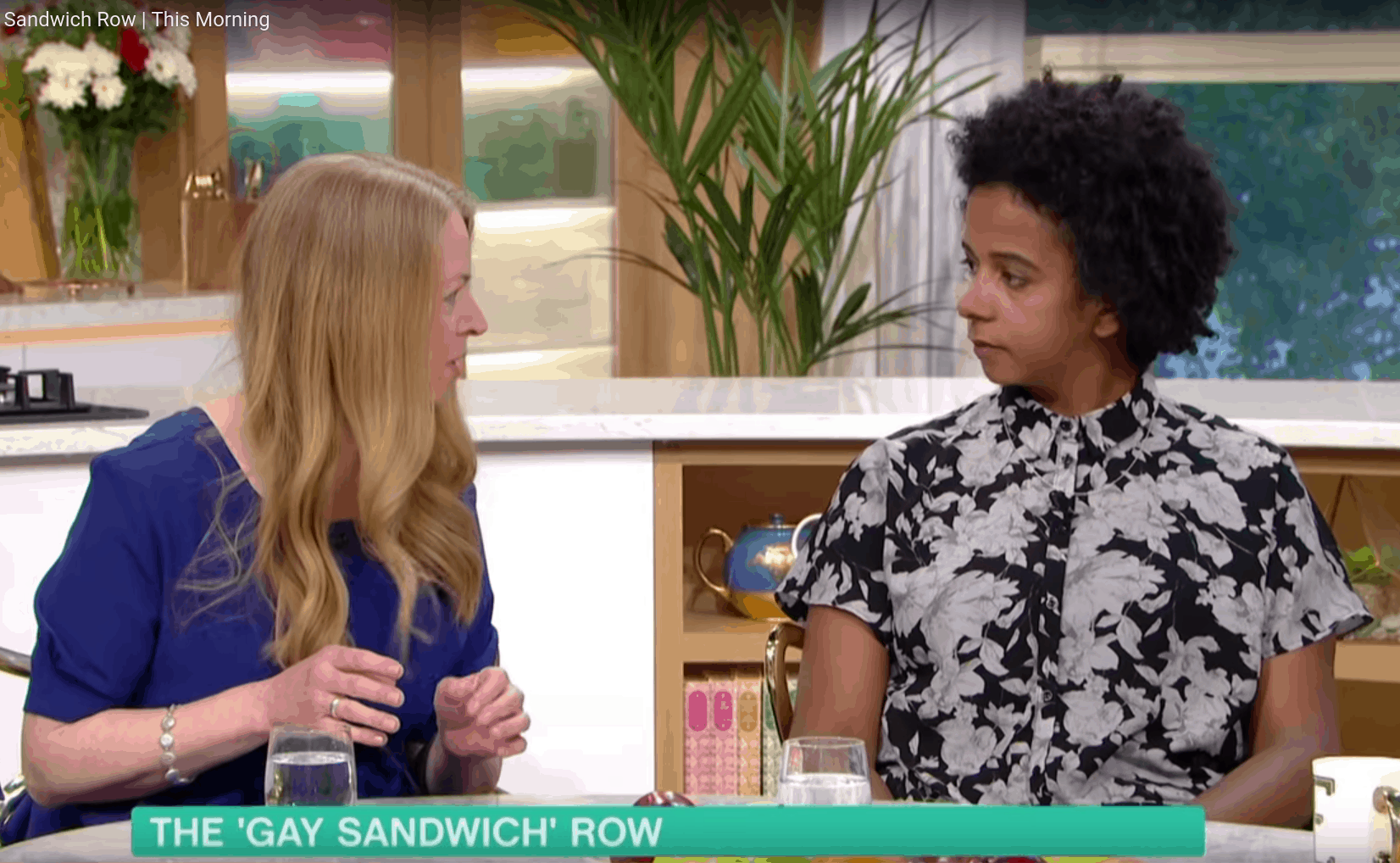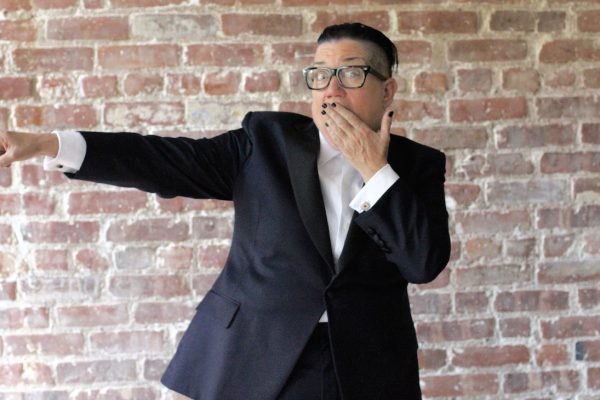by Faika El-Nagashi
When I thought the trans debate couldn’t get any more absurd, the arguments thrown around by trans rights activists after the UK Supreme Court ruling last week proved me wrong. What about the Butch lesbians? they ask – as if it was ever about us. But then again, it always was. That’s the quiet part. And even now, as some of the more self-righteous start to say our names, it happens in the same tokenising tone that got us into this mess in the first place: we’re only relevant if we can be framed as some sort of non-woman, a convenient loophole that justifies letting men into women’s and lesbian spaces.
The Butch lesbians were the ones who stood at the edge of what womanhood could be – and refused to apologise for it. In response, activists and institutions began the gaslighting. Men were ushered into the category of woman not in spite of their difference, but because of it – because they could be presented as equally non-conforming. Many believed it, and still do.
They also offered an escape hatch to those who had always felt outside the category of woman. Non-binary. Trans masc. Trans. Men. The odd women were pushed out; the men were pulled in. And in the middle of that fog, they told us the ugliest men were just like us. Some even claimed to be Butch lesbians because they were manly. Well – yes. They are. Because they are men.
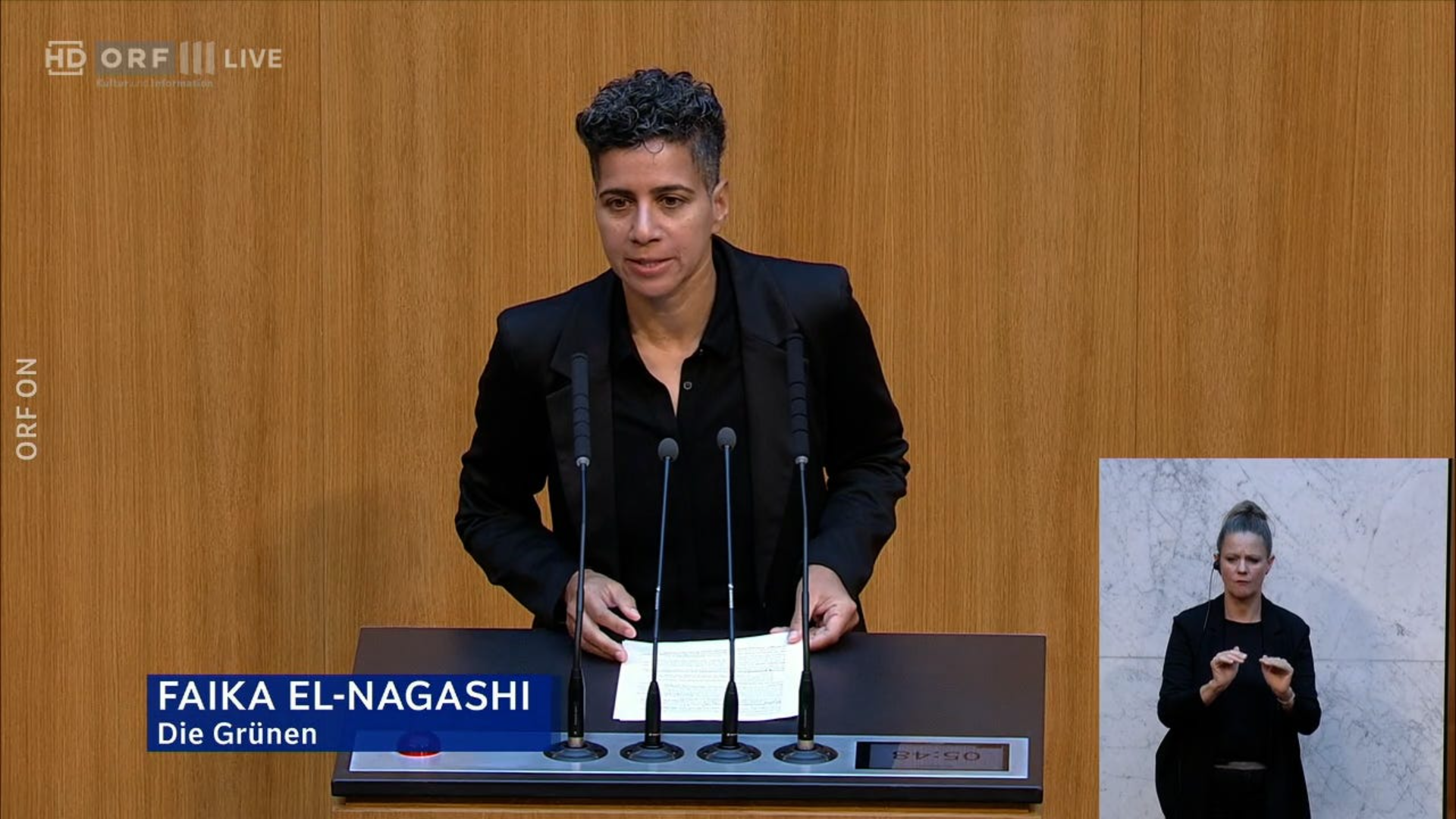
No wonder Butches – especially the young ones – often suffer from low self-esteem. We were told that the hordes of men stomping into our spaces were indistinguishable from us. And even now, when the activists ask what will happen to us if men are excluded from women’s spaces, the implication is the same: we only exist in relation to them. We need their protection. Their inclusion. They used us as cover, as their Trojan horse into womanhood – while liberal feminists, progressive parties, and everyone invested in the new orthodoxy (including more than enough lesbians) looked away. Many had signed up to the charade, but the contempt for Butch lesbians had been there all along. The trans rights activists certainly aren’t standing for us now.
Feminists fought to destroy the idea that to be a woman you had to look or act a certain way – that hair length, clothing, voice, sportiness, strength, motherhood, or femininity defined your sex. We won some ground. Women entered spaces they were long excluded from – the workforce, pubs, politics. The backlash came dressed as cultural anxiety: if women acted like men, weren’t they just… men? That was the ultimate insult to throw at any woman who didn’t comply. That, and ‘whore.’
Lesbians, especially Butches, live on the receiving end of that contempt. Choosing women – romantically, sexually – was long seen as crossing the last acceptable line. In many places, it still is. Lesbians were (and are) pathologised, punished, raped, forcibly married, assaulted. Mannweib. Too ambiguous. Too transgressive. Too unwilling to be what men want us to be. This isn‘t some abstract gender discussion – it is flesh-and-bone punishment for women who don‘t serve male needs.
The misogyny and lesbophobia didn’t disappear. They were rebranded. Inclusion became the language through which male entitlement re-entered lesbian life, this time with institutional approval. And the organisations still parading the “L” in their ever-expanding acronyms were instrumental. They promoted the idea that discomfort with being female was a medical issue. They encouraged young lesbians to identify out of existence. They applauded the erosion of sex-based boundaries and lesbian spaces as a civil rights triumph. It was easier, evidently, to dismantle what little we had than to defend it. These spaces were treated as replaceable — as though any vaguely inclusive venue could substitute for what they actually were. They weren’t. They carried structure, memory, and social function. Their removal wasn’t progress. It was loss. Instead, these organisations gave us guides on how to sleep with “trans lesbians” – men with penises – and explained to girls who liked girls that they might be bigots if they had boundaries.
Now, in the wake of legal recognition that sex matters, we’re back in the spotlight – not as subjects, but as excuses. What about the Butch lesbians? they ask, when men are finally told they don’t belong in women’s spaces. But what they mean is — Can’t we use you to keep the door open? What about the gender non-conforming? (Read: Butch lesbians.) What about other cultures? (Black Butch lesbians.) What about different bodies? (Butch lesbians again.) The question is always the same: how can we stretch “woman” just far enough to include men?
There is a depth to Butch lesbian existence that rarely gets to be spoken out loud: the roles we play with each other — the coded glances, the postures, the playful subversions, the power exchanges. This is, for many, not performance in the shallow sense of faking something; it is performance as intimacy, as self-recognition, as exploration.
And yet we have, in many ways, unlearned how to look at ourselves. We’ve become afraid to name what we see. Because yes — it is difficult to acknowledge things about ourselves: the oddities, the intensity, the pull. Especially when we know how easily those things can be misunderstood, instrumentalised, or repackaged by others. We hesitate to explore the erotic charge in how we move through the world because we’re tired of being lumped in with those who fetishise us — from the porn industry to curated pop-cultural distortions, to the trans-identified men who are now seen as akin to us, and have claimed our language, our spaces, our desires — to the point that we can hardly articulate what sets us apart anymore.
We shouldn’t have to disappear our desire just to protect ourselves from being seen as them. Not everything that is visible is a performance for men. Some of it is just us, seeing each other. And wanting to be seen.
To suggest that removing men from women’s spaces will harm Butch lesbians is just the next chapter in the same old story. It admits what trans rights activism can never say aloud: they will only accept Butch lesbians as women if we’re surrounded by men. And those who see us as men – whether at first glance or forever – aren’t going anywhere. But their pressure cannot be answered by surrendering to another kind. We’ve put up with this long enough. The first man who called himself a lesbian should have been the last. It’s time this became no debate.
Faika El-Nagashi is a former member of parliament with Austria’s Green Party, a political scientist, and a longstanding advocate for human rights.
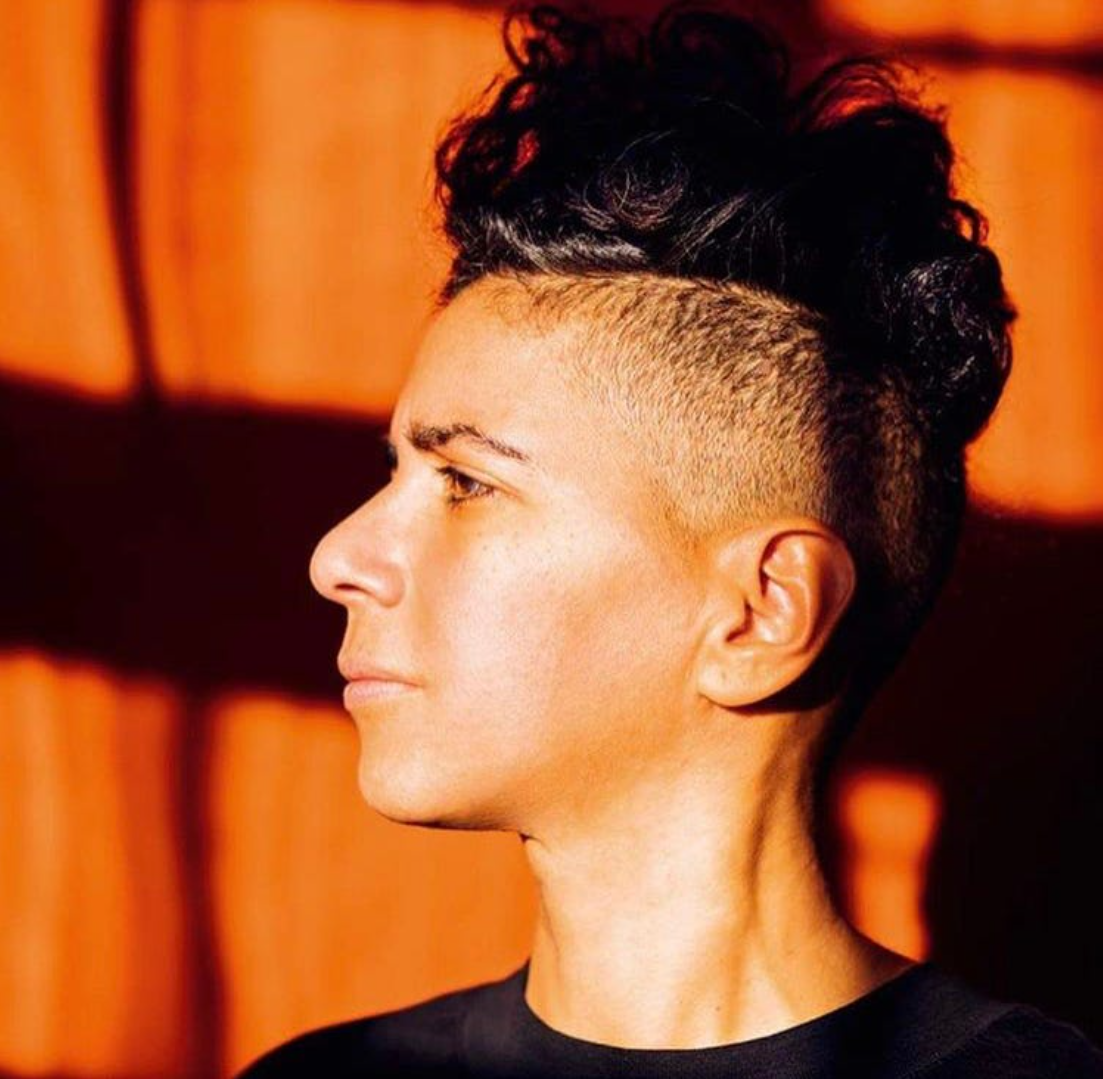
Shared with author’s permission. Find more of her work here.


